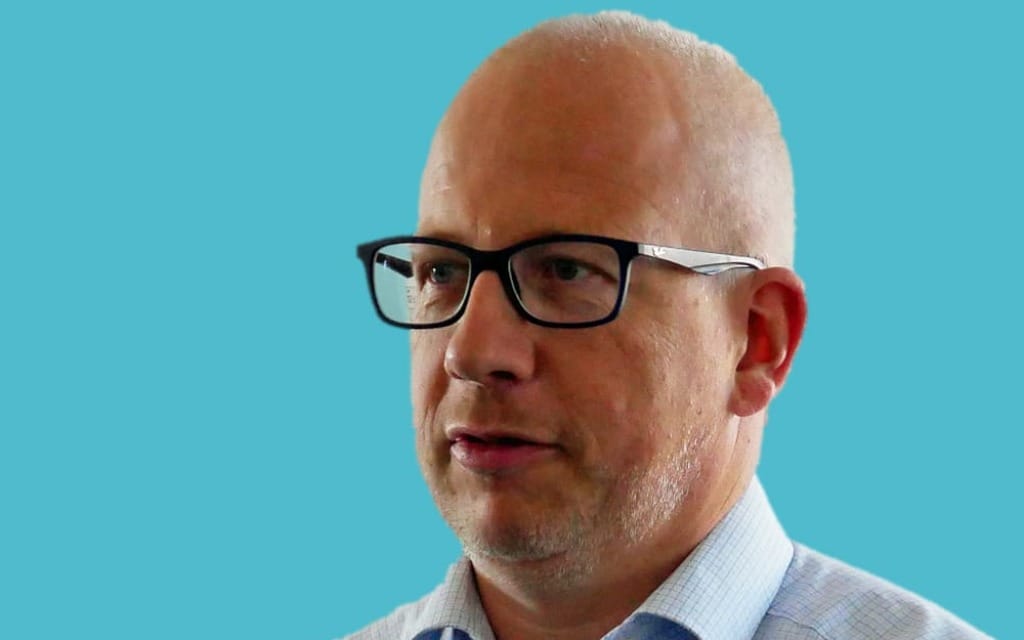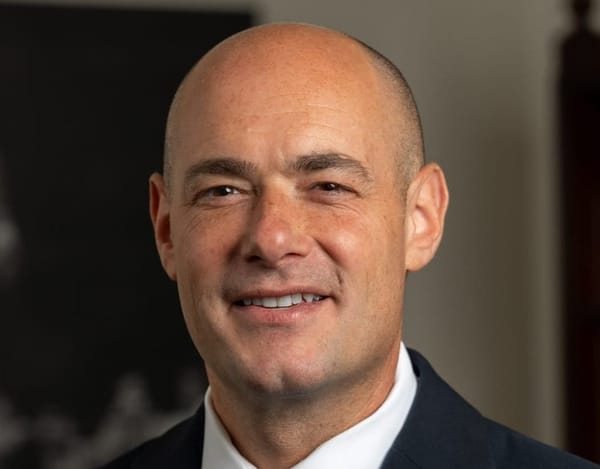The Telecom Sector is on the Fast-Track to Open Networking
Several telcos have been pulling away from monolithic network systems and embracing open infrastructure via network disaggregation.
Hannes Gredler

Alarm bells are starting to ring across traditional network architectures. They’re feeling more pressure than ever, and they could soon collapse under the weight of increased traffic, new services, and growing consumer demands for more reliability at lower costs.
In anticipation, several telcos have been pulling away from monolithic network systems and embracing open infrastructure via network disaggregation instead. And the pool of disaggregated vendors is multiplying in tandem, totaling over forty companies this year.
But these efforts aren’t enough by themselves. If the rest of the telecommunications industry doesn’t change direction soon, we may not be able to meet our society’s future networking needs.
Crucial pivot towards network disaggregation
Let’s take a step back to understand this revolutionary change. Industry players are beginning to favor a disaggregated approach because it provides greater choice, flexibility, and agility. Disaggregation decouples hardware and software so telcos can select the options that are best suited for them. As a result, they can build networks that meet the ever-evolving demands of users and applications, including adapting to market conditions and kickstarting new, innovative services at faster speeds.
Additionally, network disaggregation drives cost efficiency and scalability. Operators are no longer tied to costly proprietary hardware, meaning they can lean on commodity hardware to drastically reduce their total cost of ownership. Unlike the constraints of traditional architectures, open infrastructure is also easily expandable, enabling telcos to match today’s influx in traffic.
Industry insights
Vendors who’ve adopted network disaggregation are enjoying unparalleled results. One such company is WOBCOM, a leading regional ISP in Germany. Jan Marienfeldt, Teamlead Network and Infrastructure, shares "network disaggregation offers us the opportunity to innovate by independently selecting the best software for our use-case along with the open hardware we choose to run it on. Using open routing software gives us greater flexibility and allows us to deliver high throughput to both our business and residential customers for less cost."
Several industry organizations and communities also favor disaggregated approaches. For example, the Telecom Infra Project (TIP) was founded in 2016 to bring together service providers, technology partners, systems integrators, and other connectivity stakeholders working to develop, test, and deploy open, disaggregated, and standards-based solutions.
In the words of Hanson Tuang, Technical Program Manager at TIP, “our world needs high-quality connectivity now more than ever, and will do for decades to come.
It’s a huge challenge, but one where network disaggregation can play a major role. The cost savings, flexibility, and efficiency benefits that open infrastructure provides are helping to manage the exponential growth in network traffic and simplifying network operations and management. It’s exhilarating to see this industry transformation and be a part of it all.”
Waiting means falling behind
While this progress is promising, a significant portion of the telecoms industry is still hesitating, and we’re encouraging all parties to join the disaggregated revolution or risk lagging behind. Our recent manifesto includes three calls to action:
- Operators: to use open technology, or else they could be tied to legacy processes forever.
- Vendors: to embrace change, or else they may not be part of the selection pool.
- Industry press: to spread the word, as it’s one of the most significant changes our sector has seen in more than twenty years.
The future of networking is already in motion, and the only options are to hop onboard or be left in the dust. It’s time to decide!
Hannes Gredler is the CTO and Co-founder of RtBrick. Hannes combines passion for technology and deep customer insights to drive technical sales, products and systems architecture at RtBrick. This Expert Opinion is exclusive to Broadband Breakfast.
Broadband Breakfast accepts commentary from informed observers of the broadband scene. Please send pieces to commentary@breakfast.media. The views expressed in Expert Opinion pieces do not necessarily reflect the views of Broadband Breakfast and Breakfast Media LLC.







Member discussion